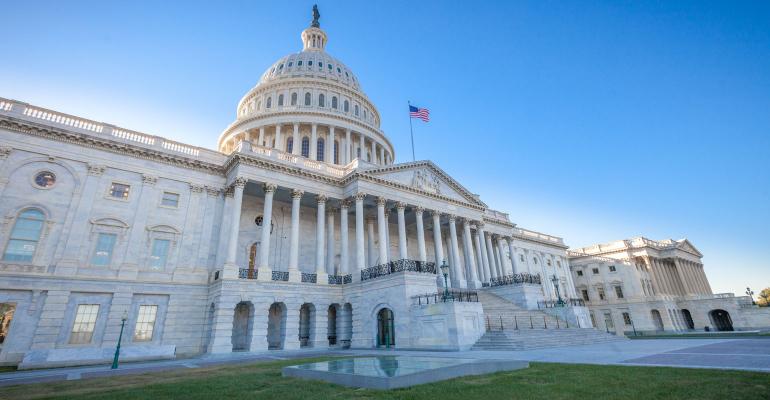Several more large investment advisory firms disclosed they received Paycheck Protection Program (PPP) loans in newly updated Form ADVs this week. In related news, Congress passed legislation that would change the period of time small businesses have to disperse the loans, as well as the period of time they have in which to pay the loan back.
Last month, Advisors Capital Management, a New Jersey-based firm with about $3.2 billion in AUM, received a loan of $733,100. Additionally, Focus Financial Network, an investment advisory firm based in Minneapolis with about $3.5 billion in AUM, received a $927,000 loan on April 23.
“The firm used the PPP funds to continue payroll for the firm's employees, including employees primarily responsible for performing advisory functions for our clients, and make other permissible payments,” Focus’ Form ADV read.
The firms had not responded to requests for comment as of press time.
The language used in the forms by Advisors Capital Management and Focus Financial echoes that used by numerous other RIAs that have disclosed accepting PPP loans in recent weeks. The program was included in the CARES Act, which was passed in late March to help small businesses retain employees on payroll during the economic turmoil caused by COIVD-19’s ongoing spread.
The federal government allocated hundreds of billions of dollars for the program, which was criticized at the outset for what applicants deemed a convoluted process. The loans are forgivable provided businesses use 75% of it on payroll expenses and keep a stable employee head count.
In recent weeks, as more PPP loan disclosures have come to light, some have criticized larger RIA firms for pursuing PPP loans, arguing that fee-based financial service firms did not suffer the drastic drops in revenue prevalent in other industries, including retail and restaurants. Others, including Ritholtz Wealth Management co-founder Josh Brown, decried the criticism (and media coverage) surrounding the issue. He asserted that his firm, which had received a PPP loan, would pay it back in full even though the firm had qualified for forgiveness.
“If we manage to get through this period without letting go of any employees and we can pay back our loan, I’ll consider it to be a badge of honor,” he told WealthManagement.com.
But others, including Morgan Ranstrom, the co-founder of Trailhead Planners, questioned how RIA firms could justify taking out a PPP loan to continue to pay employees while being unable to withstand a drop in the market, even if it is a significant one.
“What’s the difference between a high-earning advisory firm that needs a buyout in a bear market, and an airline that did buybacks in the good times and now needs a bailout?” he said. “We’re supposed to be better than that.”
Meanwhile, Congress passed additional legislation Wednesday extending the eight-week period over which the loans originally had to be spent in order for them to be forgiven. Loans have now been extended to a 24-week period or until the end of the year, whichever arrives first depending on when the loan is received. Additionally, businesses now have five years to pay back whatever portions of their loan are not forgivable, as opposed to the previously established two-year limit. The bill awaits President Donald Trump's signature.





